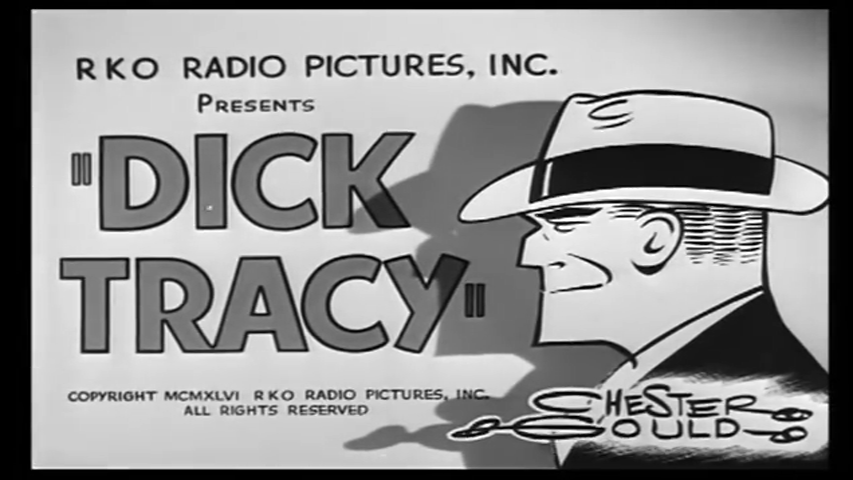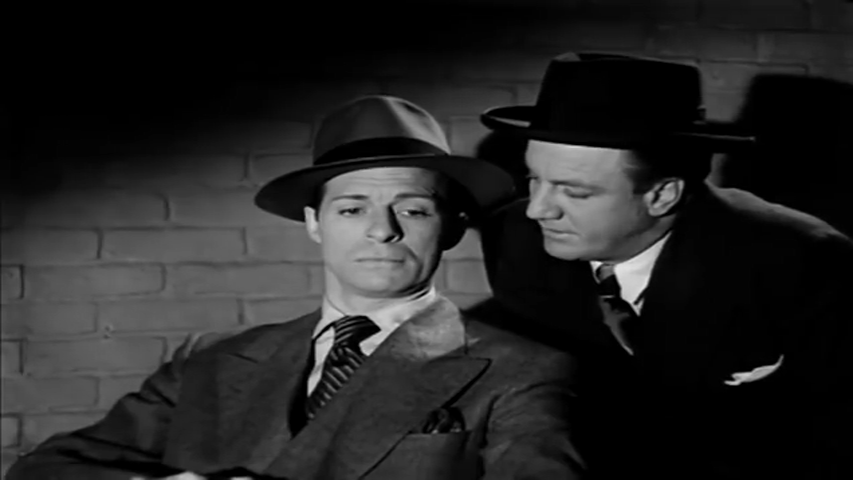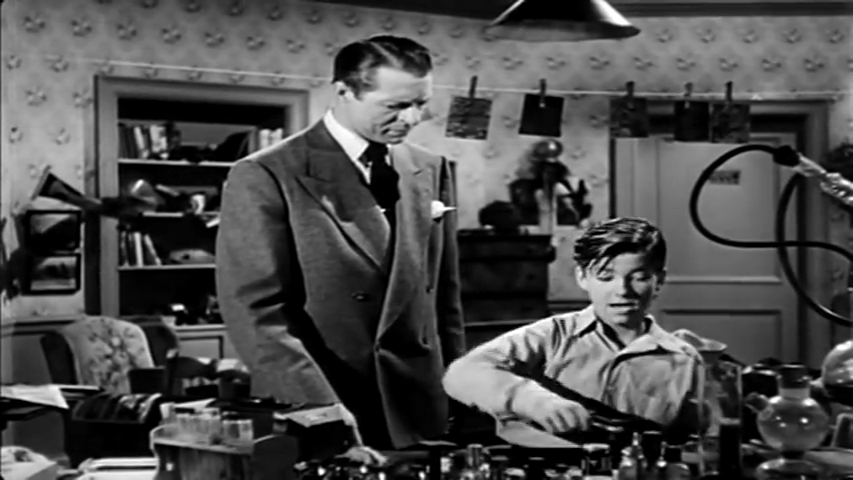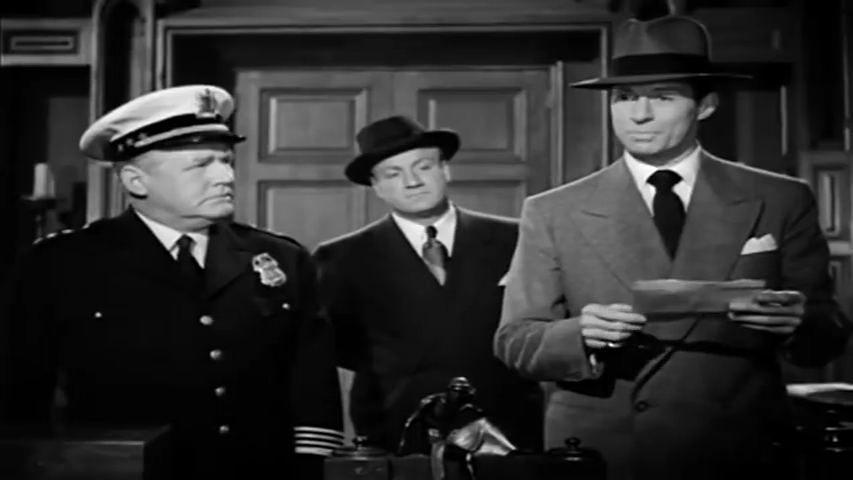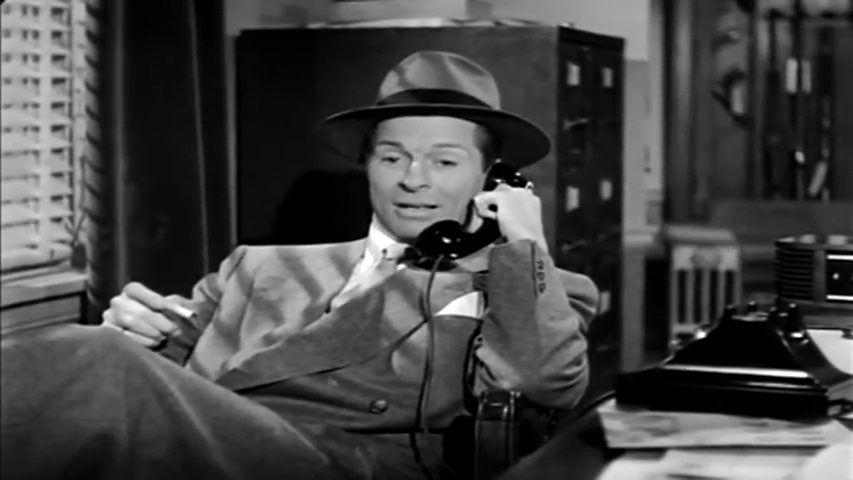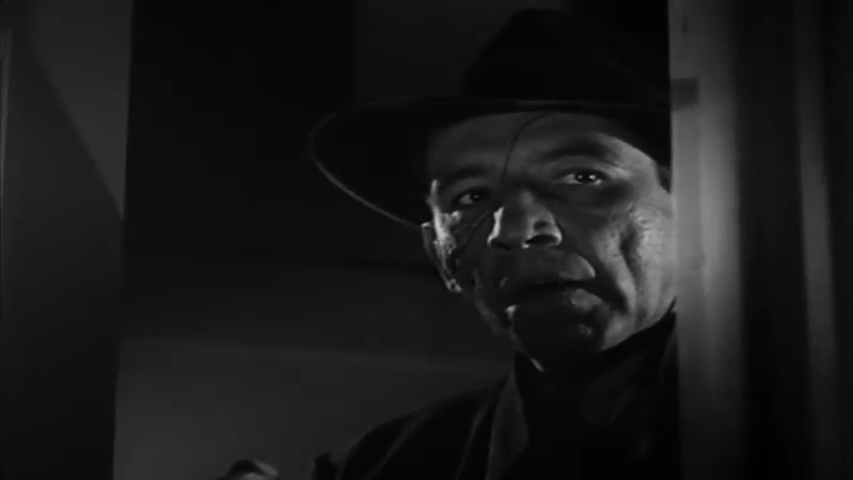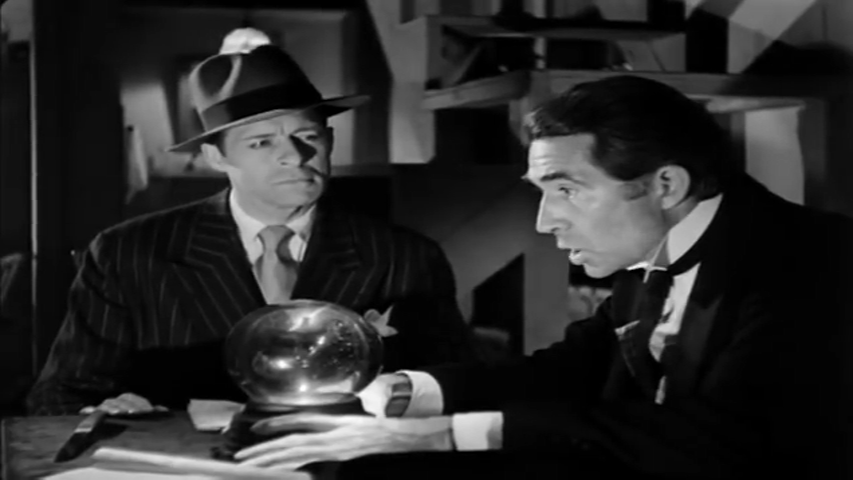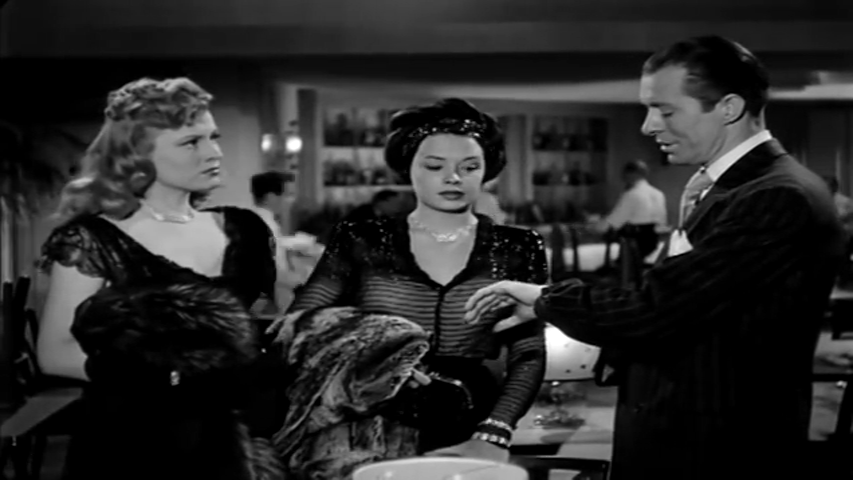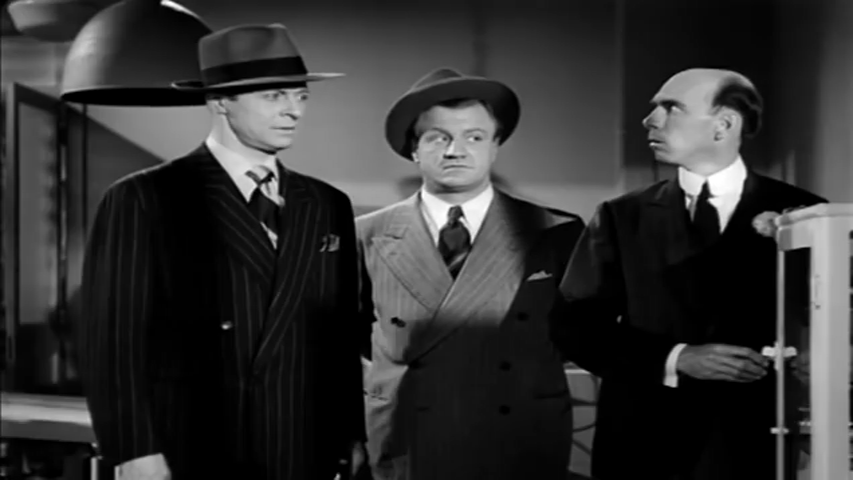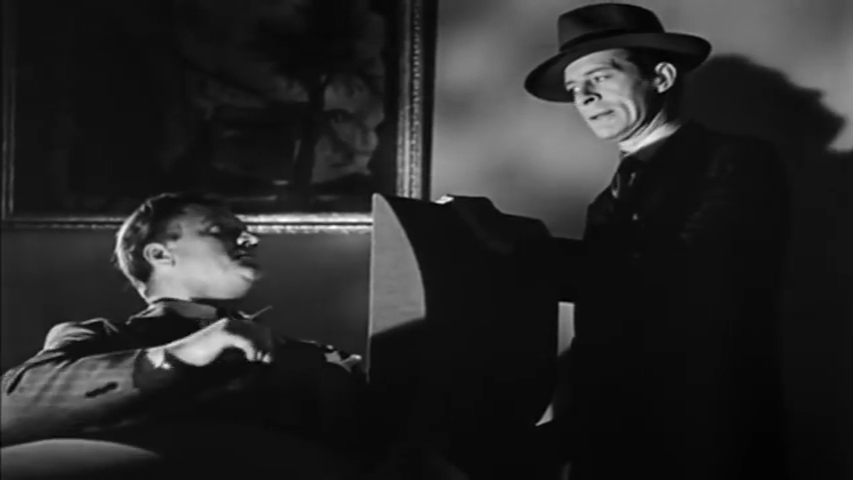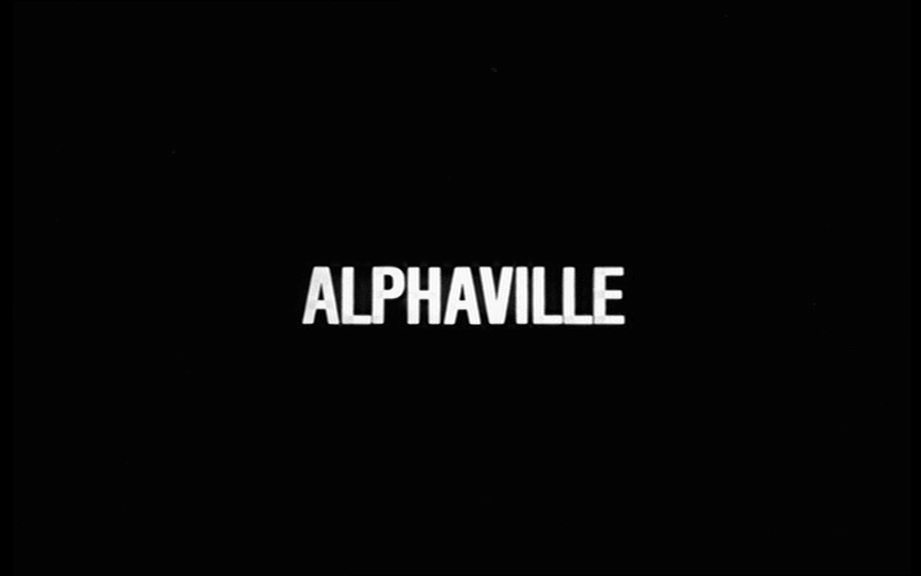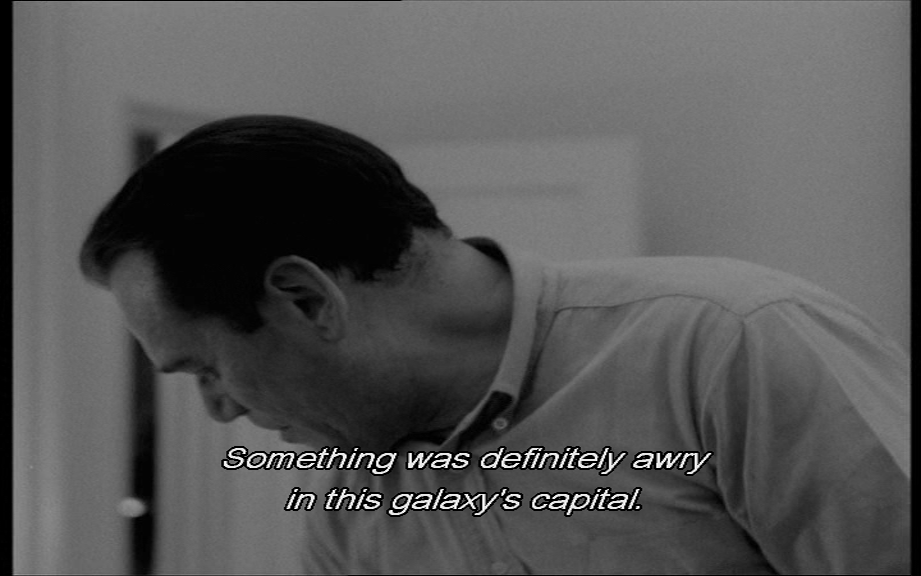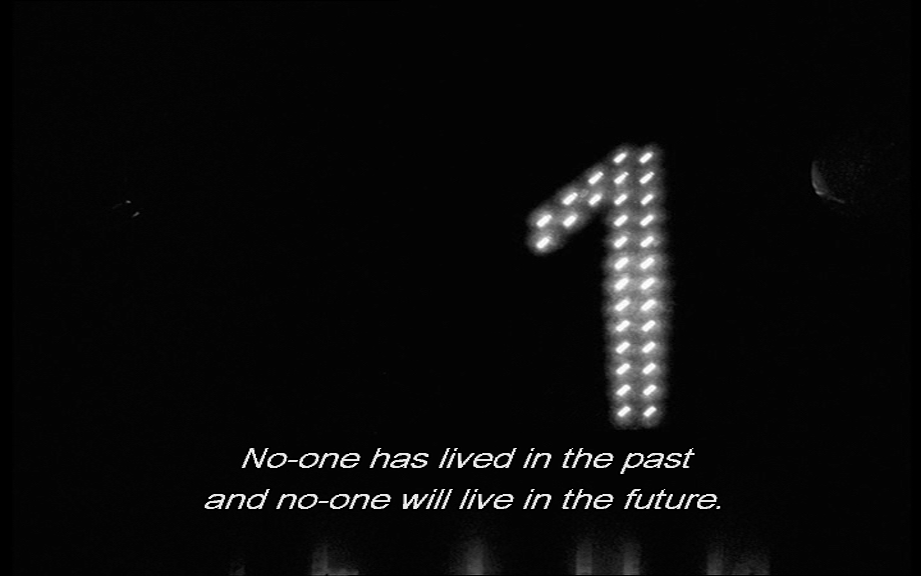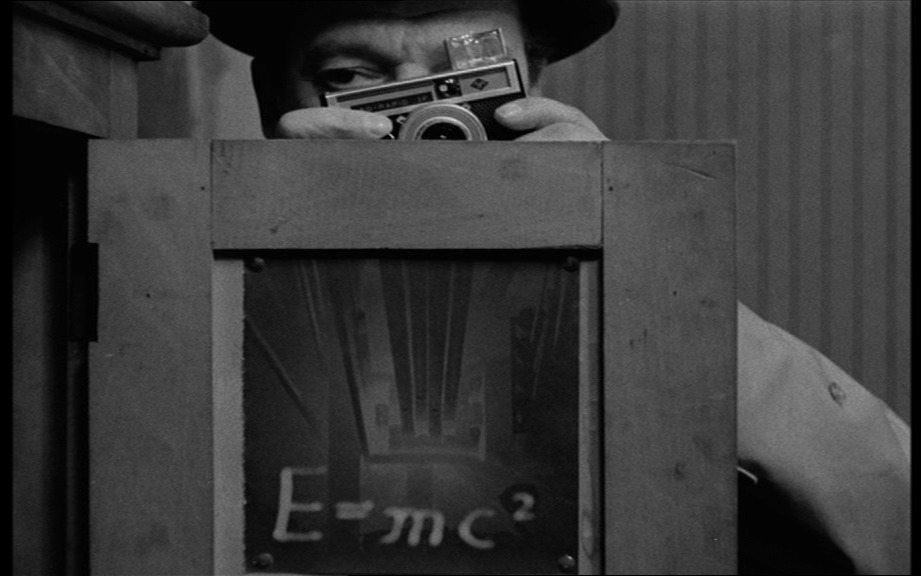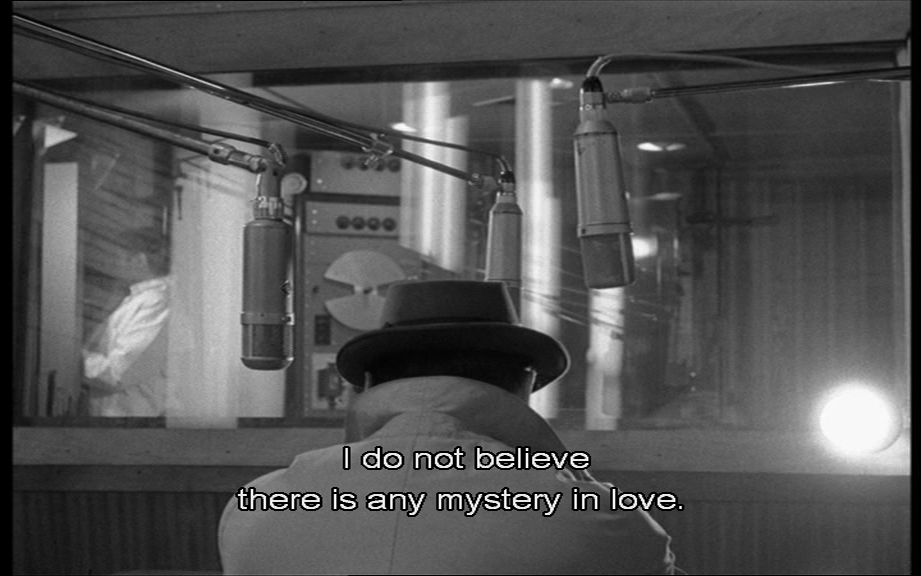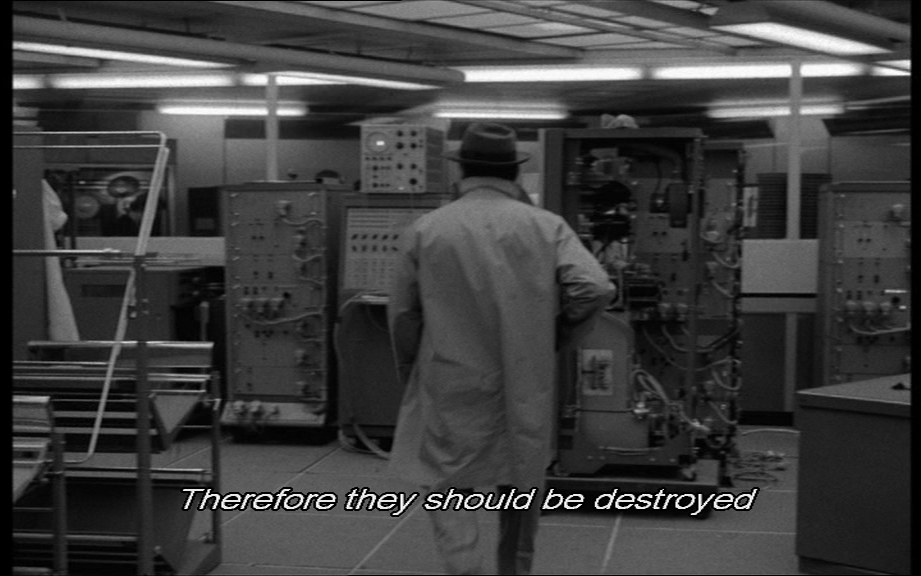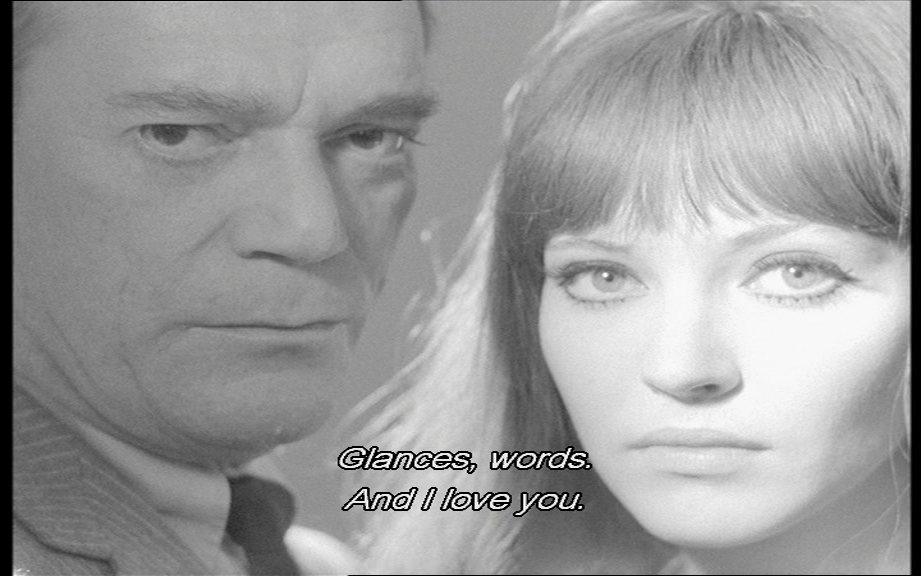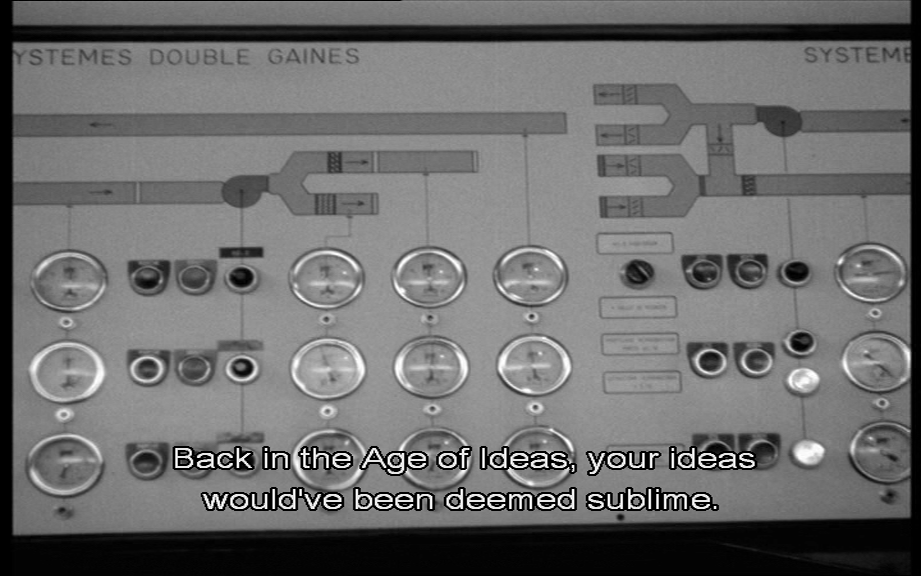-
#387 – Dick Tracy (1945)
Dick Tracy (1945)
Film review #387
Director: William A. Berke
SYNOPSIS: Police detective Dick Tracy is investigating a series of murders carried out by a man calling himself “Splitface”. With plenty of suspects around, Tracy has his hands full trying to apprehend the killer, protect the mayor, and keep his girlfriend Tess happy…
THOUGHTS/ANALYSIS: Dick Tracy is a 1945 film and the first feature film in the Dick Tracy franchise, after the four serials made between 1937 and 1941. The film starts out with a murder of a teacher, which Tracy learns has been carried out by a man calling himself ‘Splitface,’ thanks to a note left by the killer demanding a ransom payment. As the film progresses, a number of suspects emerge, and Tracy must use all of his detective skills to work out who the murderer is. The film fits very much in the crime-noir genre, with the high contrast lighting and dark plot. It also evokes the original comic book style with its dramatic perspectives. The story is certainly more of a faithful adaptation of the comic book than the serials with Tracy being a police detective rather than a G-man as he was in the serials. More of the characters from the comic also make an appearance, which will probably be welcome to readers of the comic (I assume a fair amount of people would have heard of the comics back when the film was released). With each new suspect that emerges, there’s a new element to the plot to be explored, and the pacing is quite consistent with allowing these plot points to keep things from becoming stale or dull. There are some unresolved elements that don’t really go anywhere though, such as Judith Owens being reluctant to discuss where her Father is. With a runtime of just over sixty minutes, the film is quite short, but I think it accomplishes what it wants to do.
As mentioned, a number of characters from the original comic make an appearance, creating a varied and interesting cast. A lot of them also have exuberant appearances or names (Deathridge for the undertaker, for example), which emphasises the comic style. despite the gritty film-noir story, there’s some light-hearted comedy moments which seem more comic-esque, and it feels like the film is trying to pull off both at once, with mixed results. One thing I think the serials did better is the use of science-fiction elements which added something unique, and I think was more in-line with the comics. This film has much more realism, but not so much that it is able to stand out in the film-noir genre. One bizarre scene involves a scientist gleaming into a crystal ball and seemingly hypnotising Tess, but that seems completely out of place, and it was never explored if he really did have the power to hypnotise someone.
This film marks the first time that Dick Tracy is not played by Ralph Byrd, instead by Morgan Conway. The tow look and act very differently, and if you’ve seen the serial you might not like the change. Whereas Byrd’s performance was widely praised as a smooth, charming, action man, Conway is clearly older and lacks that charm, instead seeming a bit goofy at times (although Conway probably looks closer to the character as depicted in the comics). This seems to be a largely held consensus, and led to Byrd reprising the role of Tracy for the third and fourth feature films, as well as the television show. Overall, Dick Tracy is a decent enough crime film, with a mix of action, mystery and some comedy, with a film-noir feel that makes things a little more dramatic, alongside incorporating some more elements of the comics. There’s a clash in tone between a gritty murder drama and the more silly comical aspects, and some plot points which aren’t fully resolved, but it’s an easy and quick watch that holds most of its elements together well.
-
#30 – Alphaville (1965)
Alphaville (1965)
Film review #30
Director: Jean-Luc Godard
Welcome to Alphaville, where human emotion is outlawed, and logic is all powerful…
Lemmy Caution, a secret agent from the “Outlands” arrives in Alphaville, a city on another planet, which is ruled by the all-powerful machine Alpha 60, who has outlawed all emotion. Posing as Ivan Johnson, a journalist working for the Figaro-Pravda, he has a number of missions to accomplish: First, he is to find missing agent Henry Dickson, next he must capture or kill Professor Von Braun, the creator of Alphaville, and finally is must destroy Alpha 60 itself. Caution checks into his hotel, acting hostile to those around him, but no one ever shows any response to his actions. Caution enters his room, and checks around and casually kills an agent hiding in his room. He then meets Natacha Von Braun, the daughter of Professor Von Braun, whom he asks to arrange a meeting with the Professor.
Caution heads to the Red Star hotel, where he has tracked down missing agent Henry Dickson. He tells Caution that those who do not assimilate into the state are pushed to suicide, and Dickson soon dies. Caution then returns to ask Natacha for help in meeting Professor Von Braun, but she insists she has never met him, despite being her daughter. Caution begins to fall for Natacha, but as she was raised in Alphaville, she does not understand words such as “love” or “conscience”, and has trouble feeling any sort of emotions. Caution is taken to a swimming pool, where a public execution is taking place. He is told that fifty men are executed to every one woman, and the executions are taking place next to a group of women synchronised swimming. When Caution tries to get close to Professor Von Braun, he is arrested and thrown into an interrogation room.
Caution is then questioned by Alpha 60, who tries to ascertain his purpose in being in Alphaville. Caution is reluctant to co-operate with a machine, but Alpha 60 suggests that he becomes a spy for Alphaville, and is released in the meantime. Caution heads back to his hotel room, where Natacha is waiting for him. He talks to her about things such as poetry, but she does not understand, and reaches for the “bible”, which every room has. Caution is surprised to find that this is not a bible at all, but a dictionary, and Natacha explains that the bible needs to be changed regularly, as Alpha 60 is constantly removing words which are no longer necessary. Caution makes her realise that she was not born in Alphaville, but was brought there from New York when she was a child, and so she still has the capacity to feel these emotions.
Caution finally heads for one last confrontation with Alpha 60 and Professor Von Braun. He finds the Professor, and he offers very little resistance, he tries to tempt Caution with joining Alphaville, or ruling a galaxy, but when he finally refuses Caution’s final attempt to persuade him to rejoin “the outlands” (The world outside of Alphaville) Caution finally shoots and kills him.
Turning his attention to Alpha 60, Caution poses a riddle to the supercomputer, and since it has no understanding of poetry and such, it manages to defeat itself and shut down. Caution finally gets in his car with Natacha and drives off down the highway out of Alphaville. Natacha finally realises that her individuality and understanding of her own feelings can save her, which deals the death blow to Alpha 60. As the two drive off down the highway, Natacha is able to say the three words that set her free: Je vous aime (“I love you”)…
Jean-Luc Godard, the director of Alphaville, was one of French cinema’s most innovative directors during the 1960’s, where he criticised films for their lack of innovation and experimentation. Alphaville takes the distinct genres of science-fiction and film noir and combines them to create a film that is a strange mix between the two. Lemmy Caution, a character that had appeared in a number of previous films set in the present, is here thrust into a more dystopic future, and there is a contrast with this weathered old detective going up against a futuristic supercomputer who controls a planet. This future however, is not like the future we see in most other science-fiction films, it is instead very similar in terms of design to the present. The film was shot entirely in Paris, using different areas of the city for different scenes such as the electric company for the headquarters for the supercomputer Alpha 60, for example. This perhaps makes it not so much a futuristic setting, but more of an alternative present, as the film references that it is taking place in the twentieth century.
There are no special effects or flashy props used in Alphaville; Everything you see on screen is shot directly on location in Paris. Even the more modern (or futuristic) architecture is from buildings which were recently built in the city, and which would be seen as quite futuristic in comparison to the older architecture of the city. The science-fiction aspect of this movie is not so much concerned with the landscape and the technology, but rather about how the people are affected and governed by a machine. The “bible” is an interesting concept that crops up during the film. It is mentioned at the beginning that every room should have a bible, and near the end we find out that this bible is actually a dictionary, which is composed of all the words that Alpha 60 has deemed acceptable, and it is referenced that constant revisions are made when Alpha 60 deems a word no longer necessary. This concept is quite similar to the idea of “Newspeak” in 1984 By George Orwell, in which the ruling party decides which words are necessary, and which ones should be erased from history, altering past documents to suit the present’s needs. The future in Alphaville is always undergoing constant revision as the supercomputer at the head of it all processes new information…
The film is quite experimental in nature. In keeping with Godard’s mantra of innovation and experimentation, the narrative is composed of Caution’s journey through Alphaville, and the intermittent voice of Alpha 60, who serves as a narrator of sorts at certain parts of the movie. During these narration scenes, we usually see flashing images of equations, words and images that are cleverly inserted to accompany the powerful and absolute statements that the computer dictates.
Alphaville is a mix of science-fiction and film-noir, combining two genres which traditionally don’t go together. It has a sense of mystery and drama in a world which is full of mysteries itself. The concept of computer’s ruling humans and outlawing emotions is hardly new (Or maybe it was when it was released?), but it is a fresh take on the subject, by taking the ordinary and everyday, and gives it a “what-if?” twist into the future. It also cleverly references some of the other works of literature and film from that time, using them to rebel against the objectivist mind of the computer. Overall, I would say it is definitely worth a watch.
